The Hidden American Epidemic: How Stress Is Secretly Destroying Your Heart

One person dies every 34 seconds from cardiovascular disease in the United States. You probably think the killers are cholesterol and high blood pressure. But there’s an invisible threat you’re missing—the stress you carry every single day.
You work long hours. You handle family drama. You push through constant pressure at work. You tell yourself you’re fine. You say you can handle it. But your body is keeping score, and chronic stress is linked directly to increased cardiovascular events.
Here’s what most people don’t know. Stress and heart disease are connected in ways that go far beyond feeling anxious. Your stress hormones are damaging your heart right now. Your workplace might be slowly killing you. And you probably have no idea it’s happening.

In this guide, you’ll learn exactly how stress destroys your cardiovascular health. You’ll see the shocking statistics about workplace stress and heart attacks. You’ll get evidence-based strategies that actually work to protect your heart. And you’ll find practical tools and apps to monitor and manage your stress levels starting today.
Your heart can’t wait. Let’s fix this now.
The Alarming Reality of Stress and Heart Disease in America
Before we talk about solutions, you need to see what’s really happening in America right now.

Last year, 919,032 people died from cardiovascular disease. That’s 1 in every 3 deaths. Every 34 seconds, someone loses their life to heart problems. These aren’t just numbers on a page. They’re parents, coworkers, friends.
Here’s what makes this worse. Right now, 6.7 million Americans are living with heart failure. By 2050, that number will hit 11.4 million. Think about that—almost double in just 25 years.
And stress is a huge part of the problem. If you feel lonely or isolated, your risk of heart disease goes up by 50%. Work stress? That increases your risk by 30%. People with high stress hormones face a 63% higher chance of cardiovascular disease compared to people with lower stress levels.
Your workplace alone might be killing you. More than 12 million Americans will have atrial fibrillation by 2030—an irregular heartbeat that can cause stroke and heart failure. Work-related stress is a major trigger.

The money tells the story too. Heart disease costs America $417.9 billion from 2020 to 2021. Work stress adds another $190 billion in medical costs and lost work time each year.
You might think you’re handling the pressure. You show up every day. You push through. But your heart is keeping score, and these cardiovascular disease statistics prove it.
The stress epidemic is real, and it’s destroying hearts across America.
The Science Behind Stress-Induced Heart Damage
Your body wasn’t built for constant stress. Here’s what happens when you push it too hard.
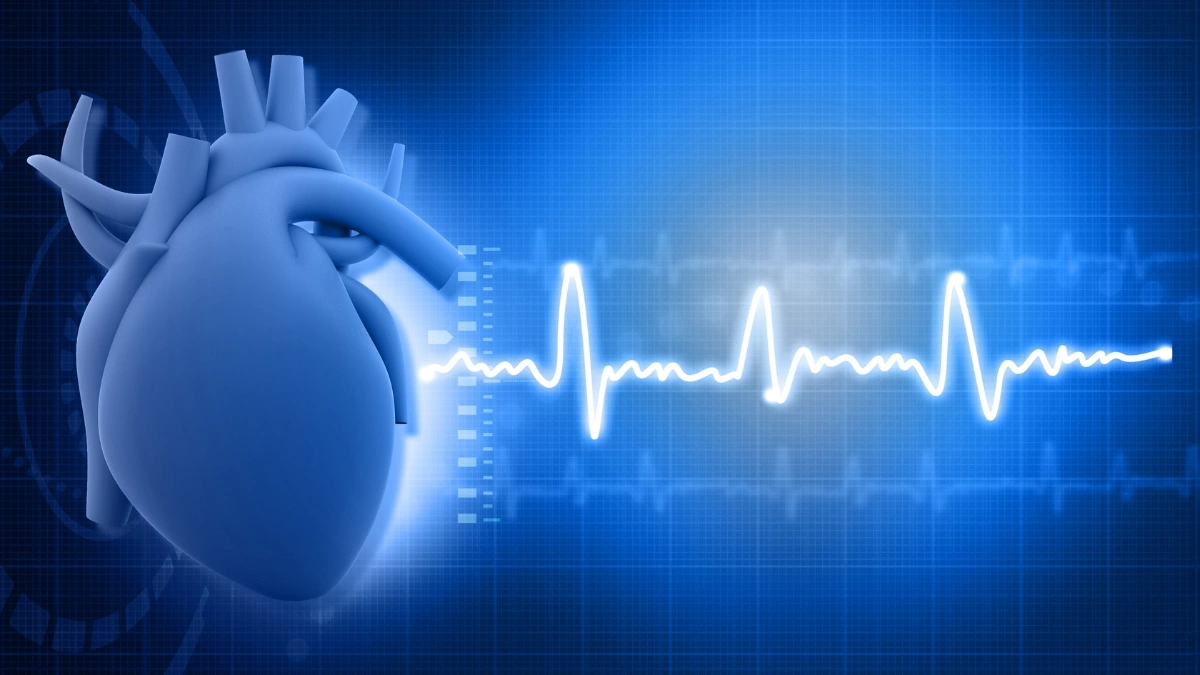
When something stresses you out, your body goes into fight-or-flight mode. Your brain dumps adrenaline into your blood. Your heart starts pounding. Your breathing speeds up. Your blood pressure shoots up. This response helped our ancestors run from danger. It’s supposed to last minutes, not months.
But chronic stress keeps your body in high gear for days or weeks at a time. Think of your heart like a car engine constantly revving. Eventually, something breaks.
Here’s where the real damage starts. Stress hormones, especially cortisol, flood your system. This cortisol triggers inflammation throughout your body. It causes plaque to build up in your arteries—the same plaque that leads to heart attacks.
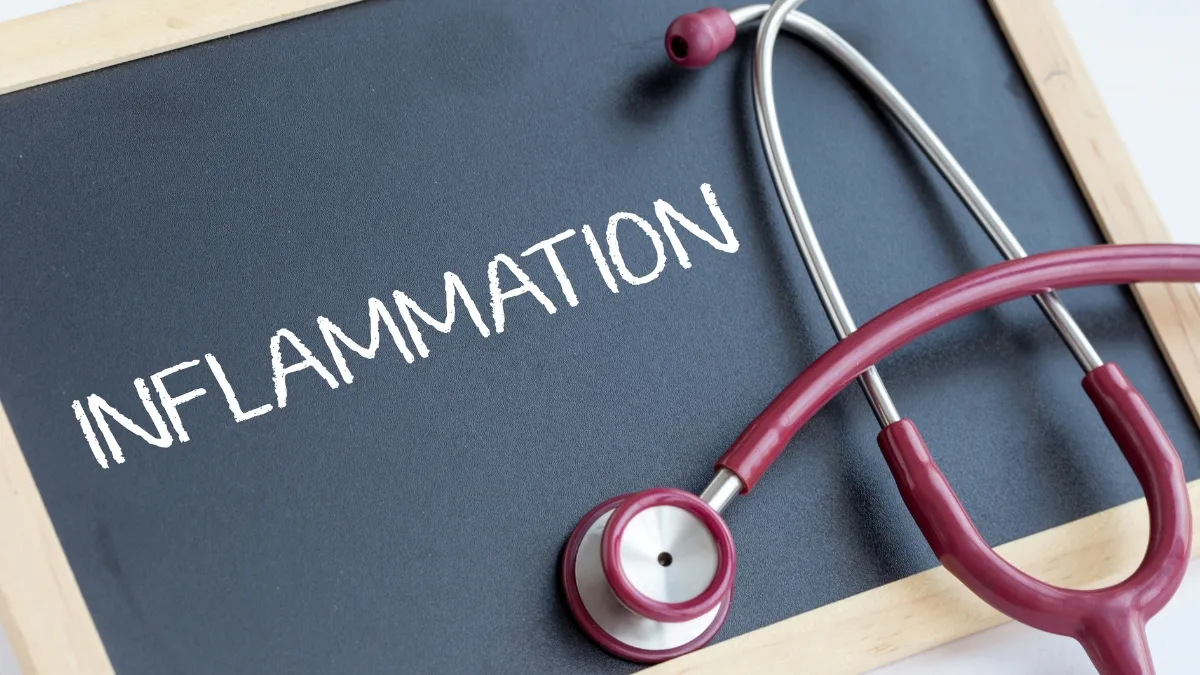
The inflammation releases proteins called cytokines. These proteins damage the lining of your blood vessels. Once that lining gets damaged, fat and cholesterol stick to it more easily. Your arteries get narrower and stiffer.
Cortisol does something else too. It stops your cells from absorbing sugar properly. Your blood sugar goes up. Over time, this can lead to diabetes, which doubles your heart disease risk.
Your body treats chronic stress like an ongoing emergency. And your heart pays the price.
Why Your Job Might Be Your Biggest Heart Disease Risk Factor
Your commute, your inbox, your boss—they might be slowly killing you.
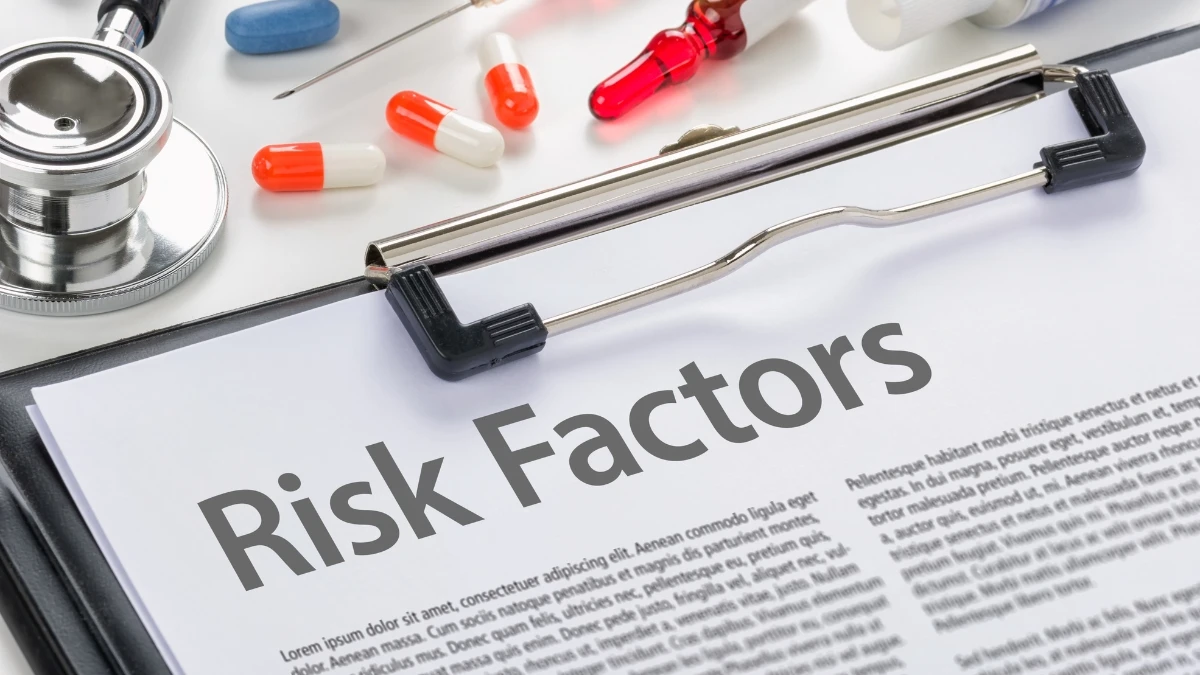
Two out of every three employees say work causes them serious stress. That’s not just feeling tired. It’s real damage to your heart. Adults with high job strain have an 83% higher risk of developing an irregular heartbeat called atrial fibrillation.
But here’s what’s worse. When you work hard and get nothing back—low pay, no recognition, zero appreciation—your heart attack risk jumps by 97%. Scientists call this effort-reward imbalance. You call it your typical Tuesday.

Studies show that 20% of workers deal with serious work-related stress. These people have 25% worse cardiovascular health scores than workers without job stress. The difference shows up in their blood pressure, cholesterol, and heart function.
What creates this damage? Long hours with no end in sight. Jobs where you have zero control over your day. Bosses who pile on demands without giving you the tools to succeed. The fear that you might lose your job tomorrow.
Your body can’t tell the difference between a real threat and a deadline. Either way, your heart takes the hit.
How Sudden Stress Can Trigger Immediate Heart Events
Not all heart damage happens slowly. Sometimes stress can kill you right now.

Research shows that acute stress makes you 2.5 times more likely to have a heart attack in that moment. An angry argument, shocking news, or terrifying event can trigger immediate heart problems. Scientists have tracked this. Heart attacks spiked right after earthquakes in Los Angeles and Japan.
There’s even a condition called broken heart syndrome. The medical name is Takotsubo cardiomyopathy. It happens when extreme emotional stress literally stuns your heart. Your heart muscle weakens suddenly. The symptoms look exactly like a heart attack—chest pain, trouble breathing, sweating.
Here’s what can trigger it. The death of someone you love. A serious accident. A devastating breakup. Getting fired. Even good stress like winning the lottery or a surprise party has caused it.
Your heart doesn’t always recover from these acute events. Some people die. Others develop permanent heart damage.

Know the warning signs. Sudden chest pressure or pain. Shortness of breath that comes out of nowhere. Feeling like your heart is racing or skipping beats. Lightheadedness with sweating.
If you feel these during extreme stress, call 911. Don’t wait. Don’t drive yourself. This is the emergency.
Proven Methods to Reduce Stress and Safeguard Cardiovascular Health
The good news? You can protect your heart starting today. These methods actually work.

Move your body. Regular exercise reduces stress damage for everyone. You don’t need a gym membership. Walk for 30 minutes. Take the stairs. Dance in your kitchen. Your body burns off stress hormones when you move.
Sleep 7-8 hours every night. Stress and sleep feed each other. When you’re stressed, you can’t sleep. When you can’t sleep, stress gets worse. Break the cycle. Set a bedtime. Stick to it. Your heart repairs itself while you sleep.
Try meditation. One study tracked heart disease patients who practiced Transcendental Meditation for 5.4 years. They had a 48% lower risk of dying, having a heart attack, or having a stroke. That’s huge. You can start with just 10 minutes a day.
Learn the 4-7-8 breathing technique. Breathe in through your nose for 4 counts. Hold for 7 counts. Breathe out through your mouth for 8 counts. Do this three times when stress hits. Slow breathing tells your nervous system to calm down. It lowers anxiety and depression symptoms fast.
Connect with real people. Join a class. Find a support group. Call a friend. Loneliness increases heart disease risk by 50%. Social connection protects your heart as much as exercise does.
Start with one thing. Pick the easiest one for you. Do it for a week. Then add another.
2025’s Best Apps and Devices to Track and Manage Stress
You can’t manage what you don’t measure. Technology makes stress tracking simple.
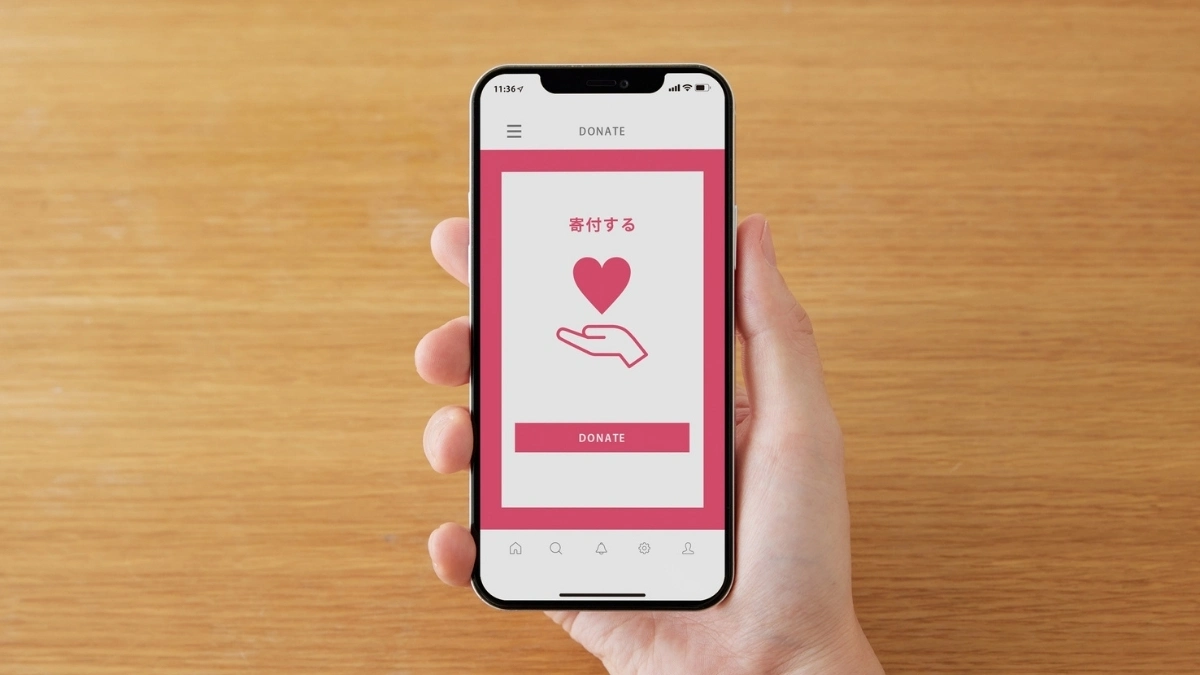
Heart Rate Variability (HRV) is your new best friend. HRV measures the time between your heartbeats. When you’re stressed, those gaps get smaller and more regular. When you’re calm, they vary more. Higher variation means better heart health. Tracking HRV shows you exactly how stress affects your body in real time.
Oura Ring gives you the most complete picture. It tracks your HRV, sleep, and stress 24/7. You get a daily readiness score that tells you how hard you can push yourself. It’s not cheap at $299, but it’s accurate.
Apple Watch Series 10 works if you already have an iPhone. The Mindfulness app guides you through breathing exercises. It tracks your HRV during the day. The best part? It buzzes when it notices your stress levels going up.
Welltory app turns your phone into a stress monitor. Point your camera at your finger for 30 seconds. It measures your HRV and gives you a stress score. The app is free to try, with detailed reports for $40 a year.
Hello Heart focuses on blood pressure. You get a free blood pressure monitor when you sign up. The app teaches you what your numbers mean and how to improve them.
Pick one tool. Use it daily for two weeks. You’ll start seeing patterns in what triggers your stress.
Your 30-Day Heart Protection Strategy
You know the problem. You know the science. Now here’s exactly what to do.

Week 1: Find out where you stand. Download a stress tracking app like Welltory. Take your baseline HRV reading every morning. Write down what stresses you out each day—your boss, money worries, family fights. Be honest. You can’t fix what you won’t name.
Week 2: Add one technique. Pick the easiest stress-buster from the list above. Just one. Try the 4-7-8 breathing when you feel tension building. Or take a 15-minute walk at lunch. Do it every single day. Don’t skip.
Week 3: Fix your work stress. Set boundaries at your job. Leave work at work. Stop checking email after 7 PM. Talk to your boss about unrealistic deadlines. Say no to projects when you’re already maxed out. This feels scary, but your heart depends on it.
Week 4: Check your progress. Look at your HRV scores. Are they improving? Review your stress journal. What’s better? What’s worse? Adjust your plan based on what actually works for your life.
Know when to get help. If stress won’t stop, talk to your doctor. If you feel depressed or hopeless, call a mental health professional. There’s no shame in getting support. Your heart is worth saving.
Start tomorrow morning. Week 1 begins now.
Take Action Before It’s Too Late
Stress causes heart disease. The science proves it. Chronic stress and sudden stress both damage your cardiovascular health. But here’s the hope—proven interventions cut your risk by up to 48%.
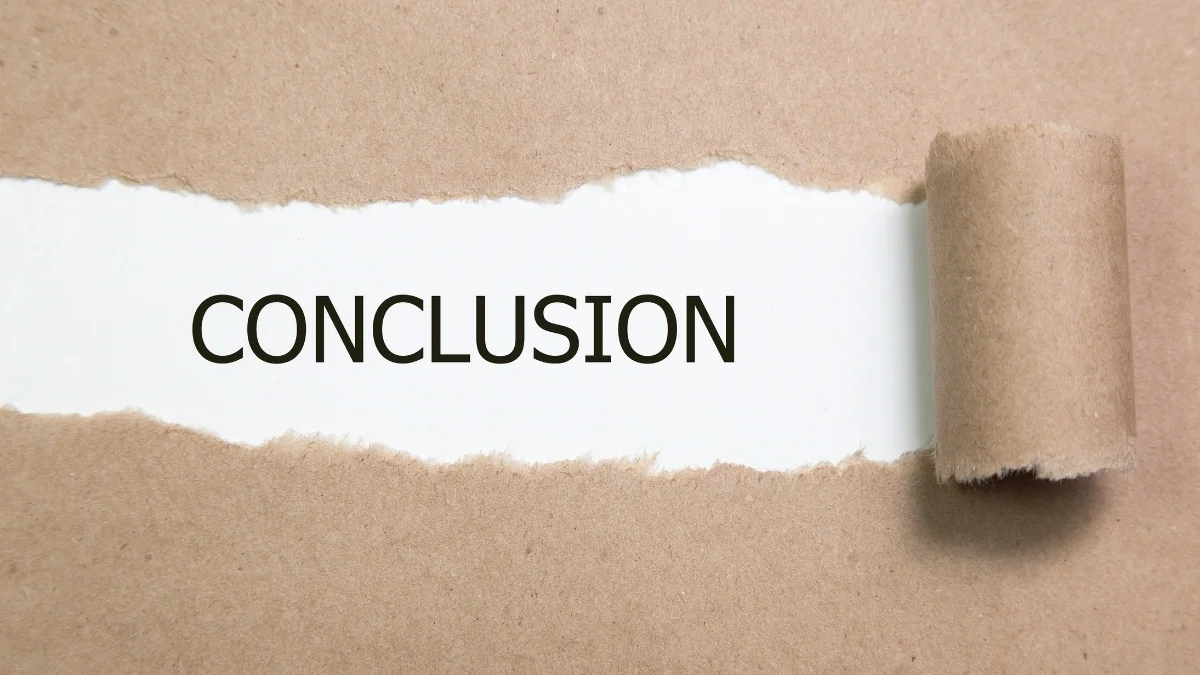
Technology makes tracking stress easier than ever. You have the tools. You have the plan.
Start right now. Download a stress app today. Try 10 minutes of meditation tonight. Call your doctor this week about your stress levels.
Your heart can’t wait. Someone dies from cardiovascular disease every 34 seconds. Don’t become a statistic.






